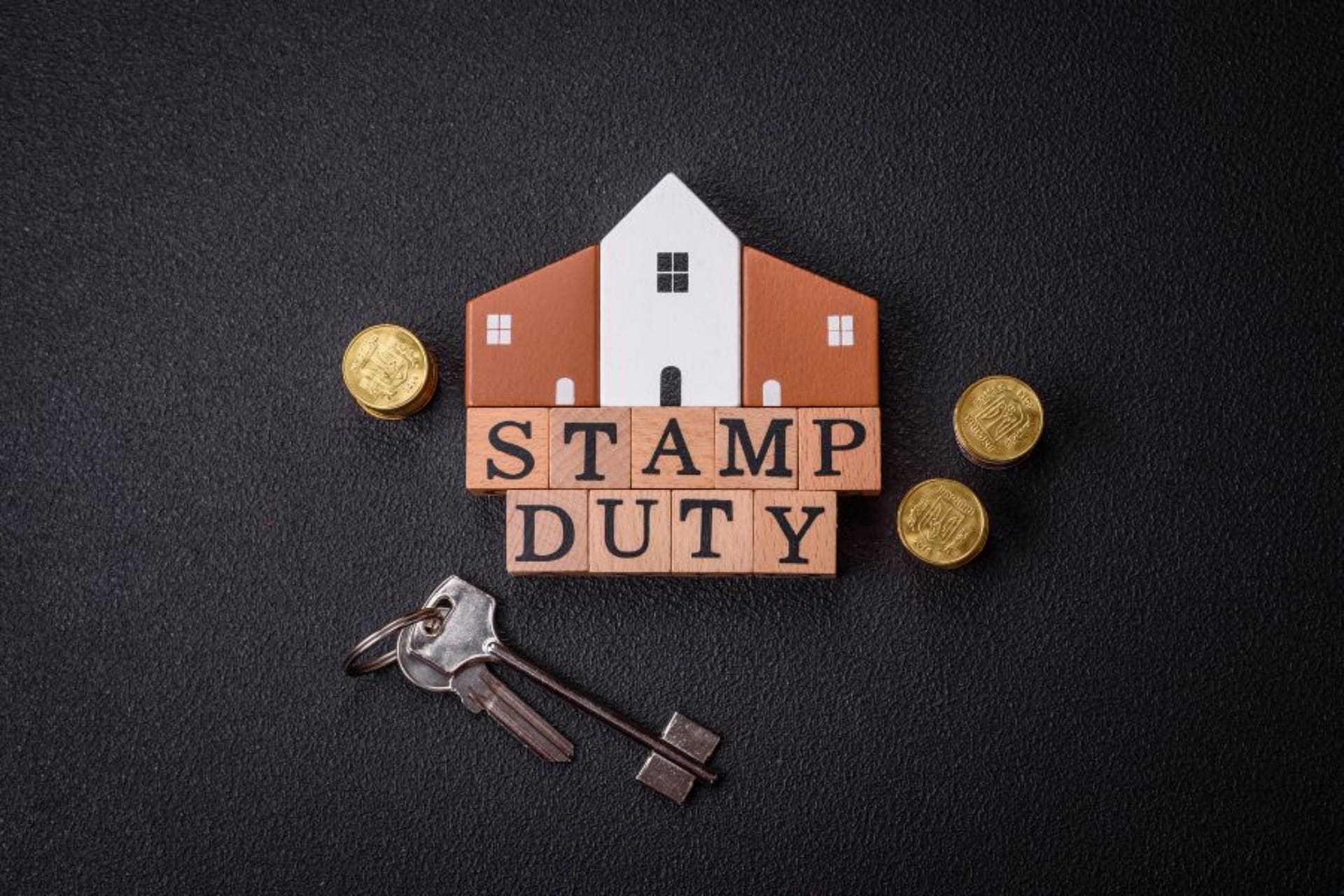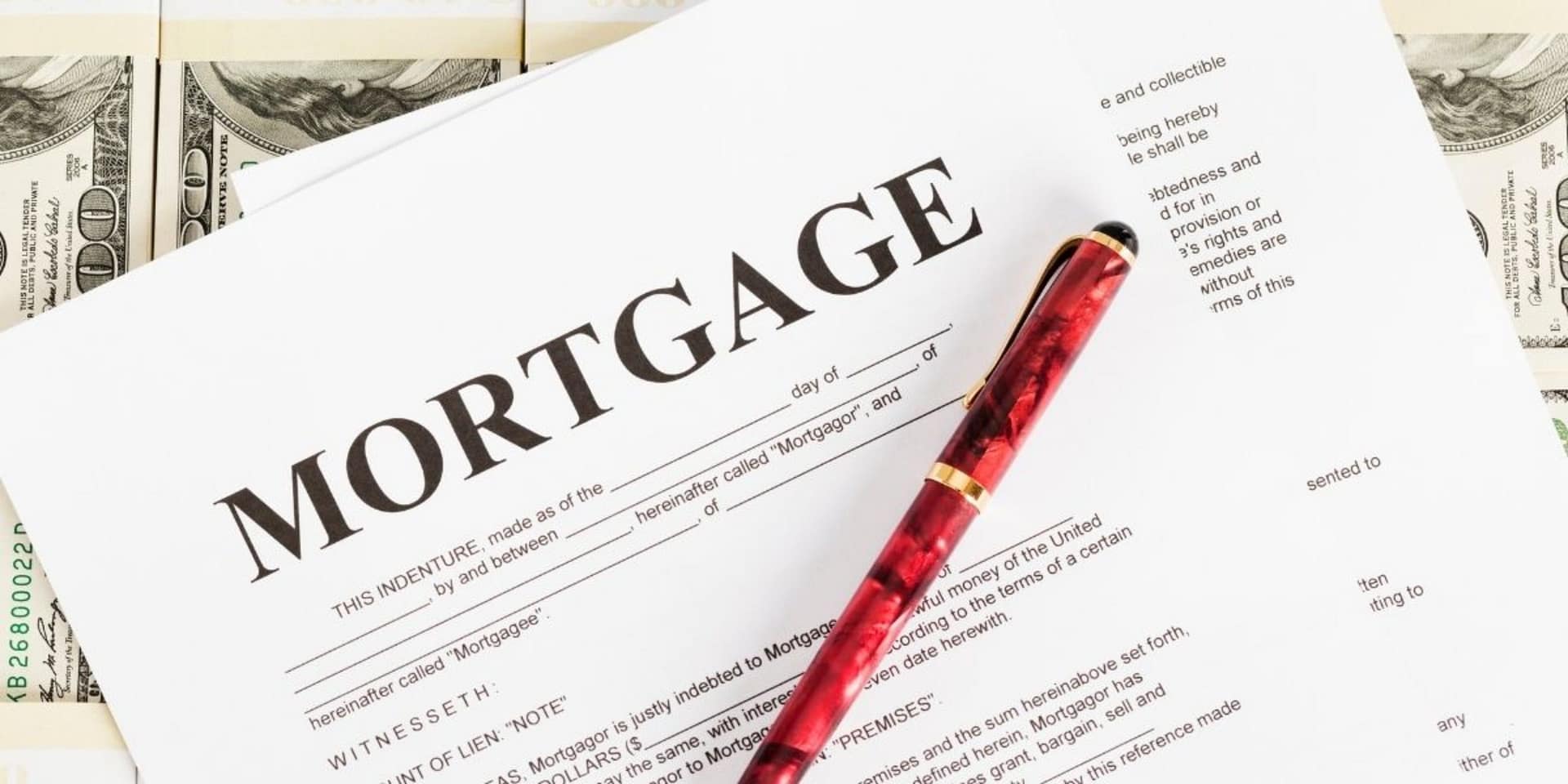When considering investing in real estate, purchasing property under a trust in Queensland offers numerous advantages.
This method not only provides significant tax benefits but also ensures greater asset protection. In this introduction, we’ll explore how setting up a trust can streamline estate planning and potentially shield your investments from legal uncertainties.
Whether you’re a seasoned investor or new to property investment, understanding the strategic use of trusts in real estate transactions is vital.
Let us talk about the essentials of buying property under a trust, offering you practical insights and expert guidance to enhance your investment journey.
Read Also: Transferring Property into a Trust in Australia
Table of Contents
ToggleWhat are the Benefits of Buying Property under a Trust?
When you buy property under a trust, you gain considerable control over your estate planning and potential tax benefits.
A trust setup allows you to manage who inherits your property and can prevent the lengthy probate process, ensuring your property is distributed according to your wishes promptly after your passing.
Moreover, this arrangement offers a level of protection from creditors and legal claims, making it a robust strategy for safeguarding your assets for the future.
Read Also: What to Know When Buying a House in Qld
What Are the Financial Implications of Trust Ownership?
When you choose to hold property under a trust, you’re looking at a mixture of upfront and ongoing expenses.
Setting up a trust involves legal fees for drafting the necessary documents and possibly consulting fees if you require financial advice. Ongoing costs include the management of the trust, which may entail annual tax filings and potential trustee fees.
Additionally, tax implications, such as land tax and capital gains tax, can vary depending on whether the trust distributes income to beneficiaries or retains it. Each choice has its own set of financial considerations and tax consequences that you need to evaluate carefully.
Read Also: Capital Gain Tax on Investment Property in Qld: Explained
What are the Different Types of Trusts used for Property Ownership?
There are several types of trusts that can be used for property ownership in Australia. The most common ones include:
- Discretionary trusts: These trusts give the trustee broad discretion in deciding who benefits from the trust property and in what amounts.
- Unit trusts: These trusts are similar to companies, with units issued to beneficiaries.
- Testamentary trusts: These trusts are created in a will and come into effect after the death of the person who created the will.
- Family trusts: These trusts are often used by families to hold property and distribute income among family members.
The choice of trust type will depend on your specific circumstances and goals.
How does buying property under a trust affect your tax obligations?
Buying property under a trust can have significant tax implications. The specific tax treatment will depend on the type of trust, the nature of the property, and your individual circumstances.
The trust may be subject to income tax on any rental income or capital gains derived from the property. Additionally, the trust may also be subject to capital gains tax when the property is sold. If the trust distributes income to beneficiaries, the beneficiaries may be subject to income tax on the distributions.
Furthermore, the property may be subject to estate tax when the trust is dissolved or when the beneficiary dies.
Can You Sell a House That’s in a Trust?
Buying property under a trust can have significant tax implications. The specific tax treatment will depend on the type of trust, the nature of the property, and your individual circumstances.
The trust may be subject to income tax on any rental income or capital gains derived from the property. Additionally, the trust may also be subject to capital gains tax when the property is sold. If the trust distributes income to beneficiaries, the beneficiaries may be subject to income tax on the distributions.
Furthermore, the property may be subject to estate tax when the trust is dissolved or when the beneficiary dies. It’s essential to consult with a tax professional to fully understand the tax implications of buying property under a trust.
Ready to Invest in Queensland Property?
Are you considering buying property in Queensland and want to explore the benefits of owning it under a trust? CJC can guide you through the process.
Our experienced team of lawyers will help you understand the advantages of trusts, assess your specific needs, and create a customized trust structure that aligns with your goals.
Contact us today to schedule a consultation and learn how a trust can protect your assets and enhance your investment strategy.




